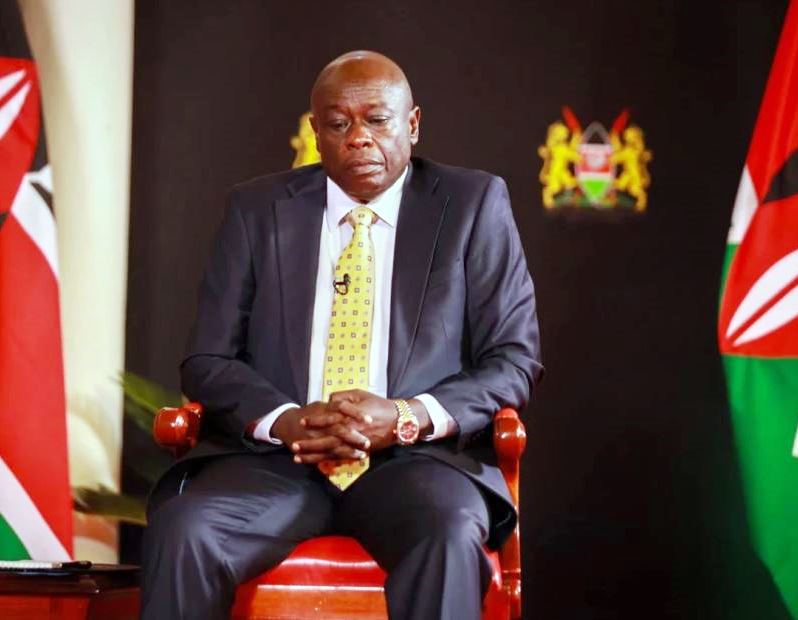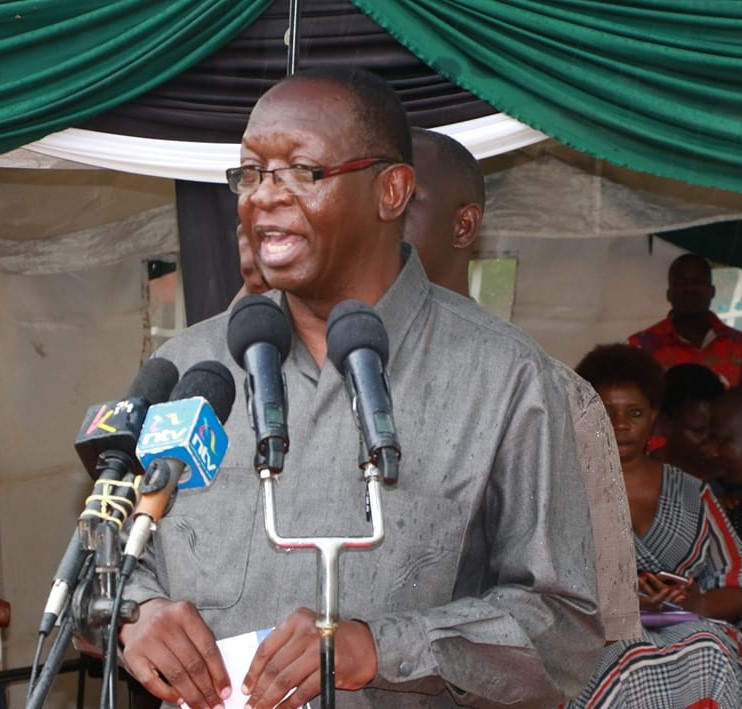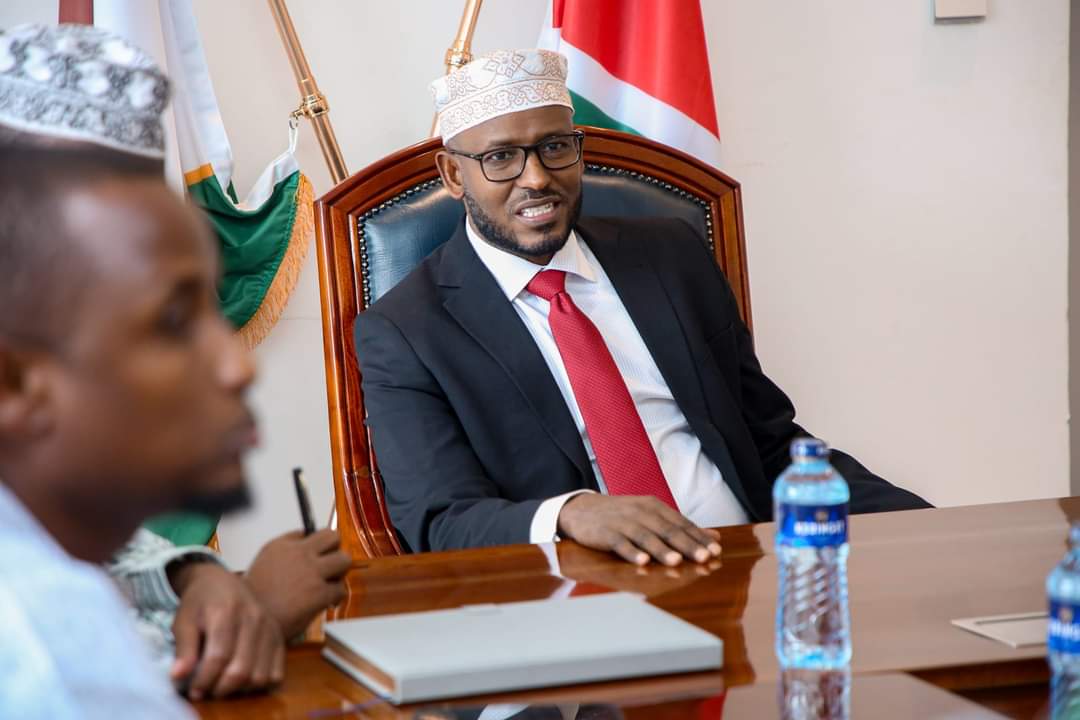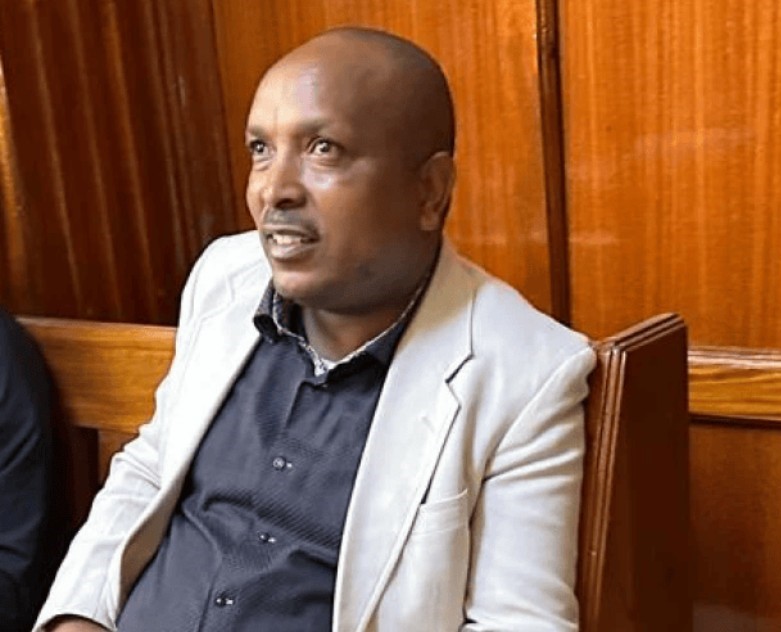Political dynamics aside, the Senate hearing in the special impeachment motion against Deputy President Rigathi Gachagua provides him with a crucial opportunity to defend himself against the 11 charges he faces, in contrast to the National Assembly, where he was given roughly two hours to present his case after extensive debate. The Senate follows a more comprehensive procedure.
The system at the Senate is modelled after the U.S. Senate; the Kenyan Senate functions as a High Court of Impeachment, reviewing evidence, hearing witnesses, and deciding whether to acquit or convict the official. This process has been used previously to try governors and a deputy governor, with outcomes varying from convictions to acquittals. While there will be a debate session over the two days designated by Speaker Amason Kingi for the impeachment process, it is expected to be less tumultuous than the earlier proceedings in the National Assembly.
Witnesses who submitted affidavits against Gachagua, including Kibwezi West MP Mwengi Mutuse, Nairobi Governor Johnson Sakaja, Cabinet Secretary Mercy Wanjau, and former acting Kemsa CEO Andrew Mulwa, will need to substantiate their claims with evidence, which Gachagua and his legal team will have the opportunity to scrutinize. Gachagua’s legal representation, led by Senior Counsel Paul Muite, includes Victor Swanya, George Wandati, Faith Waigwa, Elisha Ongoya, Ndengwa Njiru, George Sakimpa, Murigi Kamande, Willis Otieno, Amos Kisilu, Tom Macharia, and Julia Omwamba.
Gachagua and his lawyers will also have the chance to counter the allegations and present their case to the Senate. Unlike the National Assembly, where members voted on the entire motion, senators will individually assess each of the 11 charges presented by Mutuse to determine if they meet the high threshold required for the impeachment of a state officer. A two-thirds majority, or 45 votes, is necessary for any impeachment to pass.
Gachagua will face the Senate plenary after an attempt to form a committee that would have taken 11 days to process the motion failed. Senators supporting him have called for an additional day to thoroughly consider the serious nature of the charges, which Kingi suggested could extend the hearings to Friday.
Nandi Senator Samson Cherargei emphasized the national interest involved in the motion, advocating for an extra day to ensure both sides can adequately present their cases. Kingi responded that he would assess this based on the amount of evidence and the number of witnesses involved. If convicted, Gachagua would be removed from office and barred from holding public office for 10 years, preventing him from participating in the 2027 elections. However, allies like Maragua MP Mary wa Maua argue that he could still vote, form a political party, or campaign for candidates even if impeached.
Gachagua is accused of corruption, money laundering, and acquiring properties worth 5.2 billion in the past two years, claims he denies, asserting that many properties belonged to his late brother, former Nyeri Governor Nderitu Gachagua. Additional charges include gross constitutional violations, promoting ethnic discrimination, undermining national unity through divisive rhetoric, and compromising the National Intelligence Service.





